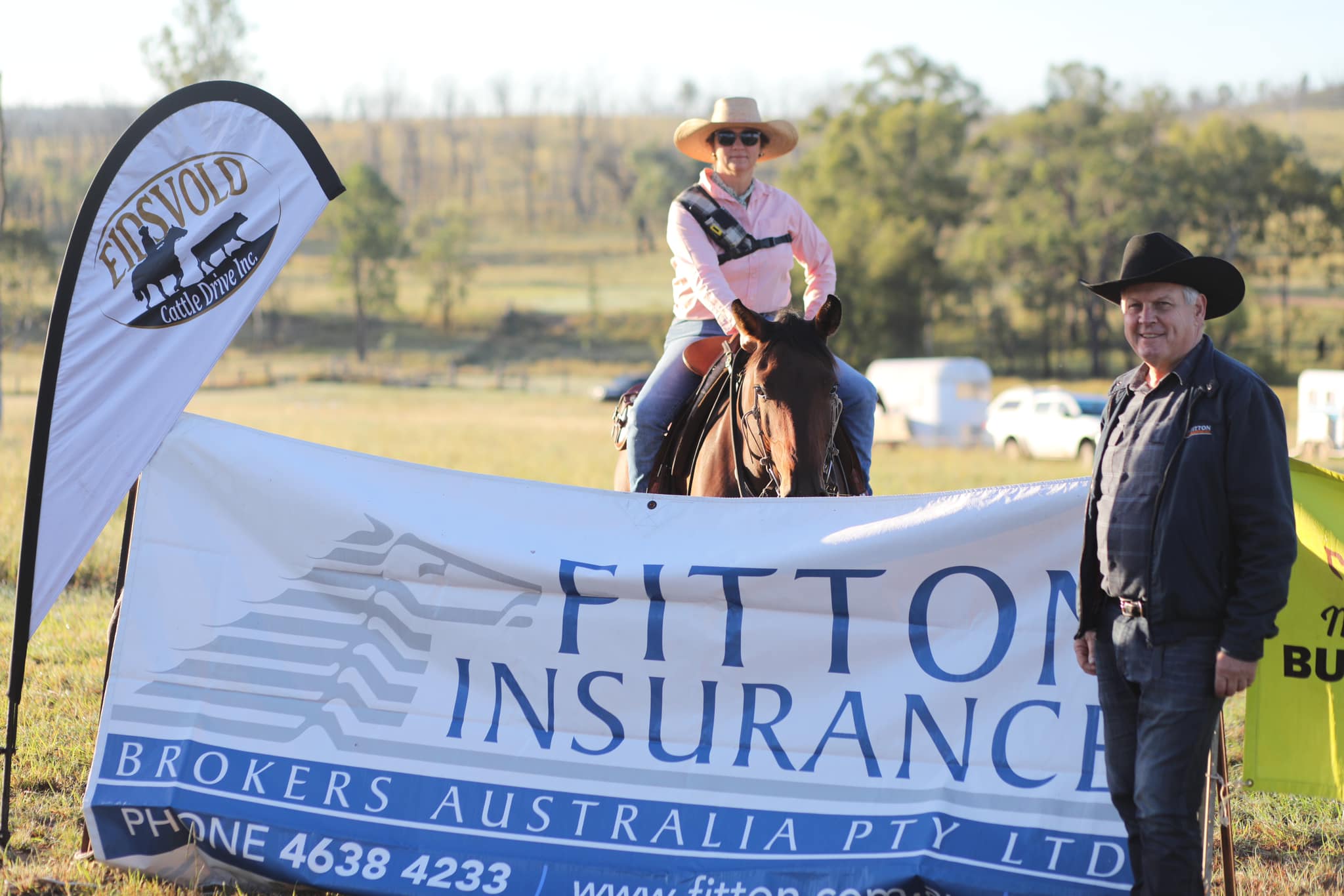Buying horse insurance is an essential step in ensuring the health and safety of your equine companion. Whether you’re a first-time horse owner or an experienced equestrian, understanding the ins and outs of horse insurance can help you make the best decision for both you and your horse. With various policies, coverage options, and providers available, it’s easy to feel overwhelmed.
To help you navigate this important process, here are some of our recommended questions to ask when buying horse insurance. These questions will ensure you get the coverage that best suits your needs and offers peace of mind for you and your horse.
1. What Types of Horse Insurance Policies Are Available?
Before diving into the details of coverage, it’s crucial to understand the different types of horse insurance policies available. The most common types of equine insurance include:
- Mortality Insurance: This type of policy covers the death of your horse due to illness, injury, or other covered causes.
- Major Medical Insurance: Can provide cover for veterinary bills related to accidents or illnesses that require veterinary treatment.
- Surgical Insurance: For costs associated with lifesaving surgery for your horse.
- Liability Insurance: Protects you in the event that your horse causes harm or injury to others.
- Loss of Use Insurance: Provides compensation if your horse is no longer able to perform the tasks it was trained for.
Ask your insurance provider about the different types of coverage they offer and make sure you select the policies that best suit your needs.
2. What Does the Policy Cover and Exclude?
Each insurance policy comes with its own set of exclusions and limitations. For instance, some policies might cover injuries due to accidents but exclude injuries related to pre-existing conditions or certain activities. It’s important to ask for a clear breakdown of what is covered and excluded under the policy.
Some common exclusions in horse insurance policies might include:
- Pre-existing conditions
- Certain breeds or age restrictions
- Competitive events (in some cases)
- Activities deemed “high risk”
Make sure you fully understand the details of your policy’s coverage and exclusions to avoid any surprises if you need to file a claim.
3. How Are Premiums Determined?
The cost of your horse insurance premium can vary based on several factors, including:
- Your horse’s age, breed, and medical history
- The value of your horse (for mortality insurance)
- The level of coverage you choose
- Your location (because some areas have higher risk factors, like natural disasters)
Ask the insurance provider for a clear explanation of how premiums are calculated. Also, inquire about any discounts that may apply, such as multi-policy discounts or discounts for having a good claims history.
4. Are There Any Deductibles or Co-pays?
Just like health insurance for humans, horse insurance policies may come with a deductible (the amount you pay out of pocket before insurance kicks in) or co-pays (a percentage of the total claim that you are responsible for). These can vary depending on the insurer and the specific policy.
Make sure you know what the deductible or co-pay will be before signing up for a policy. A lower deductible might seem appealing, but it could increase your premium. Balance the deductible with your budget and the likelihood of needing to use the insurance.
5. What Is the Claims Process Like?
The claims process is one of the most important aspects of insurance coverage, yet many policyholders are often unsure of how it works. Ask the provider about their claims process, including:
- How to file a claim
- The typical timeline for processing claims
- What documentation you need (e.g., veterinary records, photos of injuries, or police reports)
- Any conditions that might delay or invalidate your claim
A transparent and efficient claims process can make a significant difference if your horse is ever injured or needs medical treatment.
6. How Are Payouts Determined?
Understanding how your policy will pay out in the event of a claim is crucial. For mortality insurance, payouts are often based on the horse’s market value at the time of death, while for medical insurance, they’re typically based on the actual costs of veterinary care, subject to the deductible.
Ask how the payout will be calculated and whether there are any limits or caps on claims (e.g., maximum payout limits for certain types of treatment). Knowing this can help you assess whether the coverage will adequately meet your financial needs in case of an emergency.
7. What Is the Waiting Period?
Many insurance policies have a waiting period before coverage kicks in, especially for major medical or surgical insurance. This is the period between when you sign up for the policy and when you will be able to begin claiming on the policy.
Ask your insurance provider what the waiting period is for each type of coverage. Waiting periods typically range from 7 days to 30 days, depending on the policy. Understanding this timeframe can help you plan for potential expenses or emergencies.
8. Is There 24/7 Support in Case of Emergencies?
Accidents and injuries can happen at any time, and knowing that you can access support when you need it most is essential. Some horse insurance providers offer 24/7 emergency support services, while others might have limited hours of operation.
Inquire about the level of customer support available, especially if you need assistance with a claim outside of regular business hours. It’s comforting to know that you can reach someone in case of an urgent situation.
9. How Will Pre-Existing Conditions Affect My Policy?
If your horse has a pre-existing medical condition, it’s important to understand how this will impact your insurance coverage. Many horse insurance providers exclude pre-existing conditions from coverage, while others may offer coverage with limitations or higher premiums.
10. Can I Cancel or Adjust My Policy if Needed?
Sometimes, your circumstances change, and you may need to cancel or adjust your horse insurance policy. It’s important to know the terms and conditions for policy cancellation or modification.
Ask about:
- The process for canceling your policy (and whether you’ll receive a refund for unused premiums)
- The possibility of increasing or decreasing coverage as your horse’s needs evolve
- Any fees associated with changes or cancellations
Conclusion
Buying horse insurance is an important decision that helps protect your equine companion, as well as your financial investment. By asking these top questions, you’ll be able to make an informed decision and select a policy that offers the best protection for your horse. Always read the fine print, understand the coverage details, and choose an insurer you trust.
Remember, horse insurance isn’t just about protecting your horse – it’s about peace of mind knowing that you’ll be financially supported if something goes wrong. Take the time to thoroughly research your options and choose a policy that best suits your needs.
Need help navigating your options? Contact Fitton Insurance Brokers for expert advice and the best insurance solutions tailored to your needs! Visit www.fitton.com.au or talk to our specialists on 1800 076 277.



